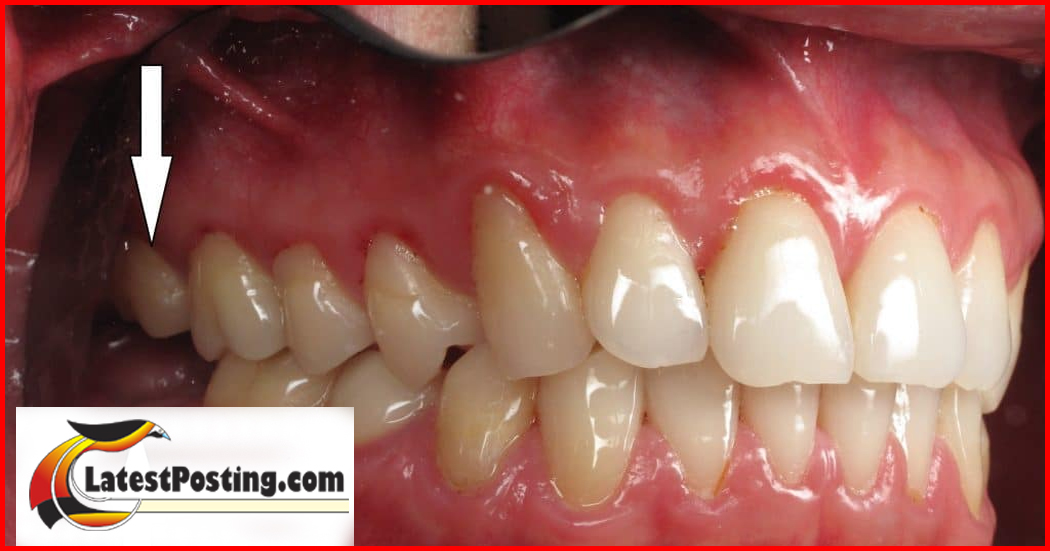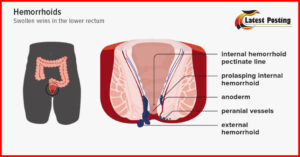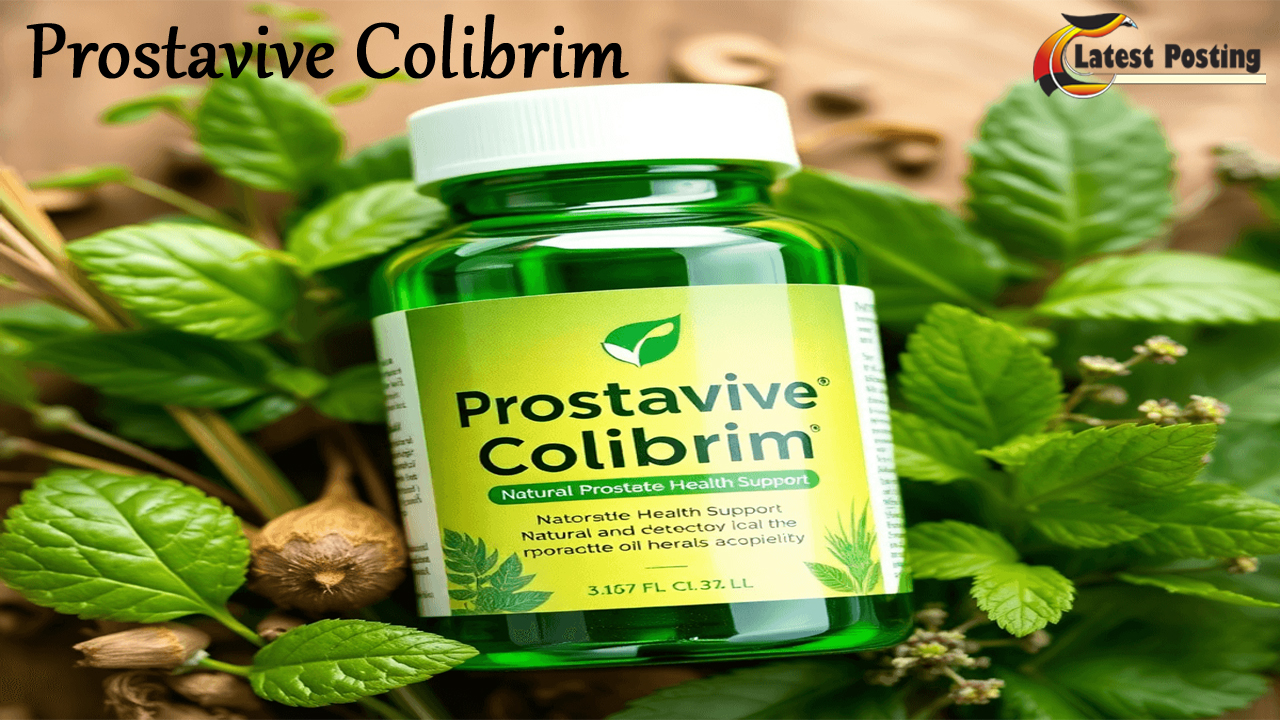When our bodies teeth change, many of us naturally associate these changes with age, assuming it’s because we’re aging.
We begin to accept phenomena that we thought were abnormal and blame them on aging, as if everything has a reasonable explanation.
Take the problem of tooth loss, for example. Many people believe that tooth loss is inevitable as we age and is a normal natural phenomenon, so they do not pay enough attention to it.
However, it is not. Dental health is not just about the teeth themselves, it is also closely related to other diseases.

Therefore, whether we are old friends or young people, we should pay attention to dental health and learn to take good care of our teeth. It’s not just about having a beautiful smile, it’s also about maintaining our overall health.
How much impact does missing a tooth have on overall health?
Keeping teeth healthy is something that everyone needs to pay attention to, because the teeth in the mouth are not only related to appearance, but also to our physical health. Once there are missing teeth in the oral cavity, it will have a lot of negative impacts on health.
First, missing teeth affects our ability to chew. Teeth are the main tools for chewing food. Once teeth are missing, normal chewing function will be affected.
If this happens for a long time, the body’s nutritional intake will also be affected, easily leading to malnutrition. At the same time, missing teeth will also affect the health of the entire oral cavity.

If there are missing teeth in the oral cavity, the alveolar bone in the missing tooth area lacks normal physiological stimulation and is prone to atrophy. Over time, this atrophy will be unable to maintain the stability of the maxillofacial region, leading to facial collapse and affecting the appearance.
In addition, the order of the teeth in the oral cavity will also be affected, making it easy for teeth to tilt, shift, and grow on the opposite side. These problems will not only cause a series of oral problems such as periodontal disease and bad breath, but also cause inconvenience to our daily lives.
What’s more serious is that missing it may also induce systemic diseases. The “White Paper on the Prevention and Treatment of Missing Tooth” points out that people with missing teeth are 30% more likely to suffer from gastric cancer and intestinal cancer than those with healthy teeth.
In addition, missing It are more likely to cause cardiovascular disease, diabetes, and joint disease. These systemic diseases not only affect our quality of life, but may also be life-threatening.

In addition to the health problems mentioned above, missing It can also accelerate memory loss. This are connect to many nerves in the brain, and chewing can help stimulate the brain.
Once It are missing, chewing frequency will be reduce and the stimulation to the brain will be reduce. If this happens for a long time, it can easily cause memory loss and affect our work and study.
How many teeth are left after the age of 60? Let’s see if you meet the standard
Many elderly people believe that tooth loss is an inevitable “natural law” that occurs with age. However, in fact, from the perspective of modern medicine, tooth loss in the elderly is not inevitable.
According to data, about one-third of middle-aged people in my country have lost teeth, especially those over 60 years old, where the tooth loss rate is as high as 80%.

However, this does not mean that tooth loss is inevitable. Many people may think that missing a few will not affect their lives, but this concept is not accurate.
In fact, tooth loss is not an inevitable result of aging, but is closely related to personal oral hygiene habits. Normally, seniors aged 60-80 can retain at least 20 teeth.
But in reality, most people have missing teeth or even no It, which is often related to insufficient personal dental hygiene care. Therefore, if the elderly pay attention to oral hygiene and keep their healthy, they can actually have 20 intact.
The so-called “cliché” is actually a cognitive error of normal physiological changes. It takes at least 130 years for human teeth to wear down until they are missing. The physiological lifespan of under normal circumstances far exceeds the human lifespan.

However, in this process, due to “oral hygiene” problems, dental disease will invade and fall out early. Therefore, it is said that teeth do not “die of old age”, but “die of illness”.
If you still want to have healthy teeth when you are old, do these 3 things
As age increases, the oral problems of middle-aged and elderly people gradually become more prominent, and they face higher risks. In order to protect dental health, it is important to do the following three things.
Prevent and treat periodontitis
Periodontitis is a common oral disease whose symptoms include gum swelling and pain, exposed tooth roots, etc. Some people will choose to drink fire-reducing tea or take anti-inflammatory drugs when periodontitis attacks, but this often only treats the symptoms rather than the root cause.
If periodontitis recurs, it may lead to serious consequences such as tooth loss. Therefore, once you are diagnos with periodontitis, you should seek professional treatment as soon as possible to avoid worsening of the condition.

Repair missing teeth promptly
Missing It will not only affect chewing function, but may also cause. Problems such as tilting and misalignment of adjacent teeth, thus affecting the overall oral health.
Although filling It may be a tedious process, for the sake of your own health. Once you find a missing tooth, you should go to the hospital to discuss. With a doctor as soon as possible to choose a suitable repair method.
Brush teeth with warm water
Since the problems of tooth wear and periodontal atrophy are more obvious. In middle-age and elderly people, the stimulation of excessive cold and excessive heat may cause tooth sensitivity and soreness.
Long-term stimulation may also induce pulpitis. Therefore, it is recommended that middle-aged and elderly people use warm water when brushing their It daily to avoid adverse irritation to the oral cavity.





4 thoughts on “How many teeth are left after the age of 60? Let’s see if you meet the standard”
Comments are closed.